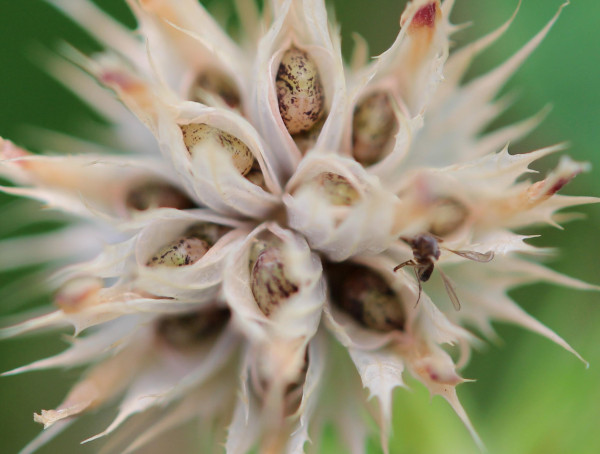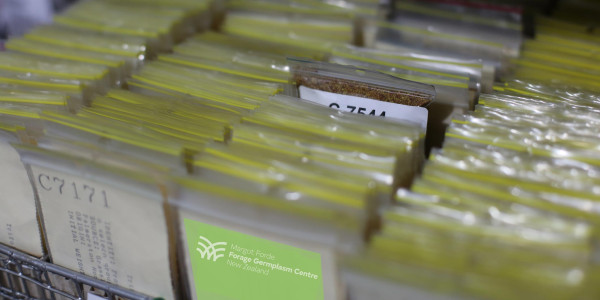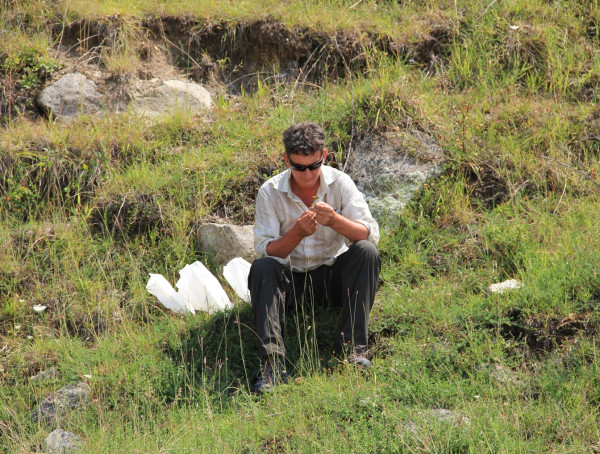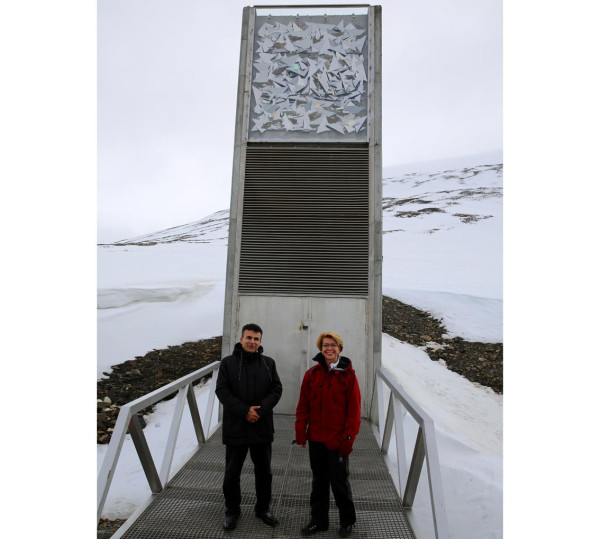Who are we

Plant germplasm consists of seeds of genetically diverse plant populations that are conserved for use in plant breeding and to ensure the survival of groups of plants. The objectives of the Genebank are to obtain germplasm, to conserve it, replenish it and distribute it for research and product development, throughout New Zealand and globally.


